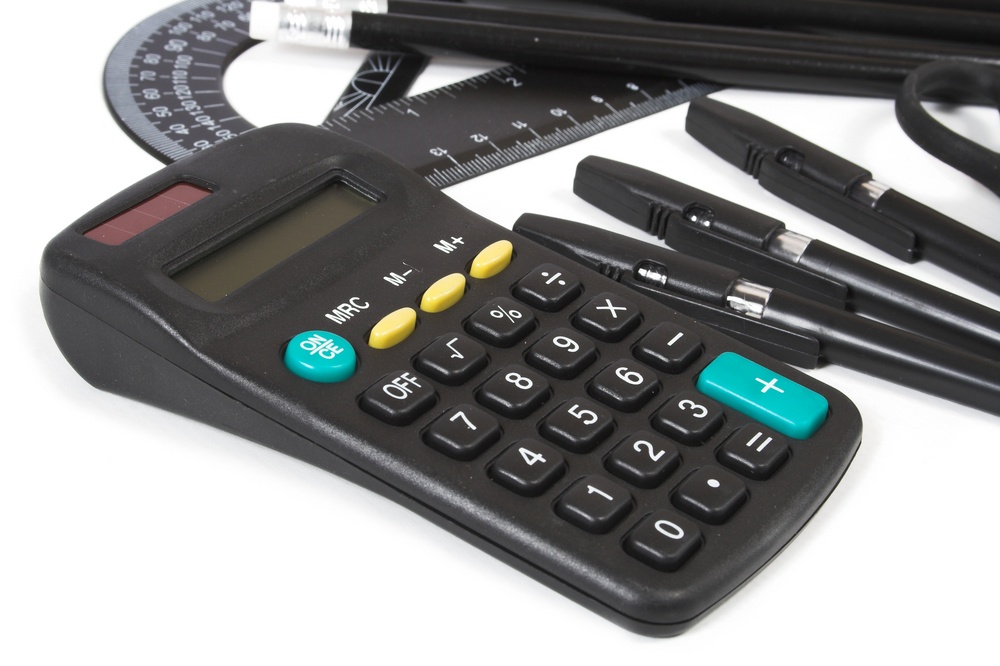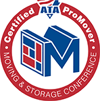When you make the decision to relocate your business, the first step is to define a relocation strategy and identify all equipment that your business needs in order to start up, operate on time and as well as become effective. These areas include size of office space, facilities, technology and operations.
This blog will look at each of these in turn to help set the foundation for your new office space. Read on to discover all that your new office need to create an amazing working environment.

Setting up a new office or maintaining an existing one requires a number of essential technology and supplies, as well as furniture and other items needed for day-to-day operations.
It is crucial to have sufficient equipment for the maximum number of workers expected on any given day. There should always be enough resources to accommodate staff without compromising productivity.
Below are 6 essential requirements for a new office move.
The type of office equipment needed will depend on the type of business. Essential office equipment includes Communication Equipment. An office needs a range of communication equipment to keep connected.
Offices require telephone lines and an internet connection. The number of lines and quality of the internet connection will depend on operational requirement.
Essential communications amenities include;
- Telephones
- Fax machines
- Answering machine or service
- Cordless headsets
- Teleconferencing equipment, such as a speakerphone or conferencing unit.
- Mobile phones which can be assigned to individual staff members.
- Servers which can be used to maintain the communications and IT services when electricity is disrupted. Up-front power planning can save you the headache of adding additional electrical circuits in the future.
- Video conferencing equipment may also be used, including a television and camera.

Furniture choices will depend on utility and aesthetics. The type of furniture selected will help a business define itself and reflects the space where a company is based.
For example, certain contemporary furniture may find itself out of place in a period building where heritage pieces might be better suited.
Essential office furniture includes;
- Desks
- Chairs
- Filing cabinets
- Window covers such as blinds
- Bookcases
- Desk lighting
- Meeting tables and seating for common spaces such as a reception area.
Decorative pieces might also be desirable. The type of furniture will also depend on the office layout.
For example, partition walls may be needed for an office with cubicles while worktables would be needed for an open-plan layout.
Offices will generally have computer hardware such as laptops or desktop computers. While desktops are stationary, laptops provide increased mobility in case an employee has to work from a remote location.

In addition to computers, essential office computer hardware and accessories include;
- Monitors
- Keyboards and Mice
- Computer locks
- Projectors
- Surge protectors
- CD writers
Other common items include printers and scanners. An office may also need a digital camera. The number of computers required will depend on the number of employees expected to be working on any given day.
The choice and number of accessories is also relative to the number of computers and staff that they will support as well.
The choice of computer software will typically depend on the nature of a business. Specialised software may be needed to support operations in an office.
Common computer software often required for any type of business include software for;
- Word processing
- Accounting
- Desktop publishing
- Contact management
- Virus protection
- Website building and maintenance
- Payment processing
- Inventory management
- Graphic design
- Statistical and e-commerce software which may also be needed depending on projects and day-to-day duties.
- Conferencing software which may also be required for web, telephone or video based conferencing.
General office supplies are used every day by businesses.

Essential items include;
- Envelopes
- Stationary
- Pens
- Pencils
- Markers
- Printing
- Fax paper
- File folders
- Notebooks
- Notepads
- Tape
- Staplers and staples
- Scissors.
- Fax machines,
- Scanners,
- Postage metre,
- Labelling machines,
- Whiteboards and smartboards,
- Fireproof safes for essential documents and valuables,
- Paper shredders
- Recycling and rubbish bins
Offices should also be stocked with cleaning supplies and common kitchen items, if the space is equipped with a kitchenette. This will help the workers to be comfortable at work.

Other common business supplies include;
- USB data storage keys
- CD disks
- Printer cartridges
Staff should also be provided with business cards, depending on their role.
Certain safety equipment is also needed.This would incluude;
- Fire extinguishers
- First-aid kits
- An alarm system
The number and type of each piece of equipment will depend on the size of the company, operational requirements and the size of the staff.
There are a number of considerations in order to ensure day-to-day business requirements are met.This would include;
- The number of employees and any special accommodation needs.
- Health and safety regulations and requirements.
- The company's budget
- The cost of office requirements which would influence decisions and the types of supplies and equipment purchased.
- The type and size of work areas which would invariably influence the furniture and equipment required, as well as any special communication and electrical requirements.

Finally, the image a business wants to project will inform decisions on what is required for an office.
If you are going to relocate your business and need more new office space considerations give us a call and start planning your move with a moving consultant. Or get a free quote.






.png)





